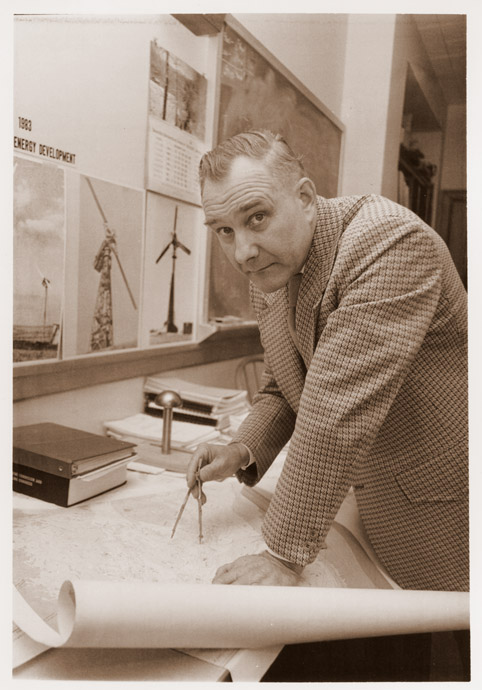Waldo H. Heinrichs Papers
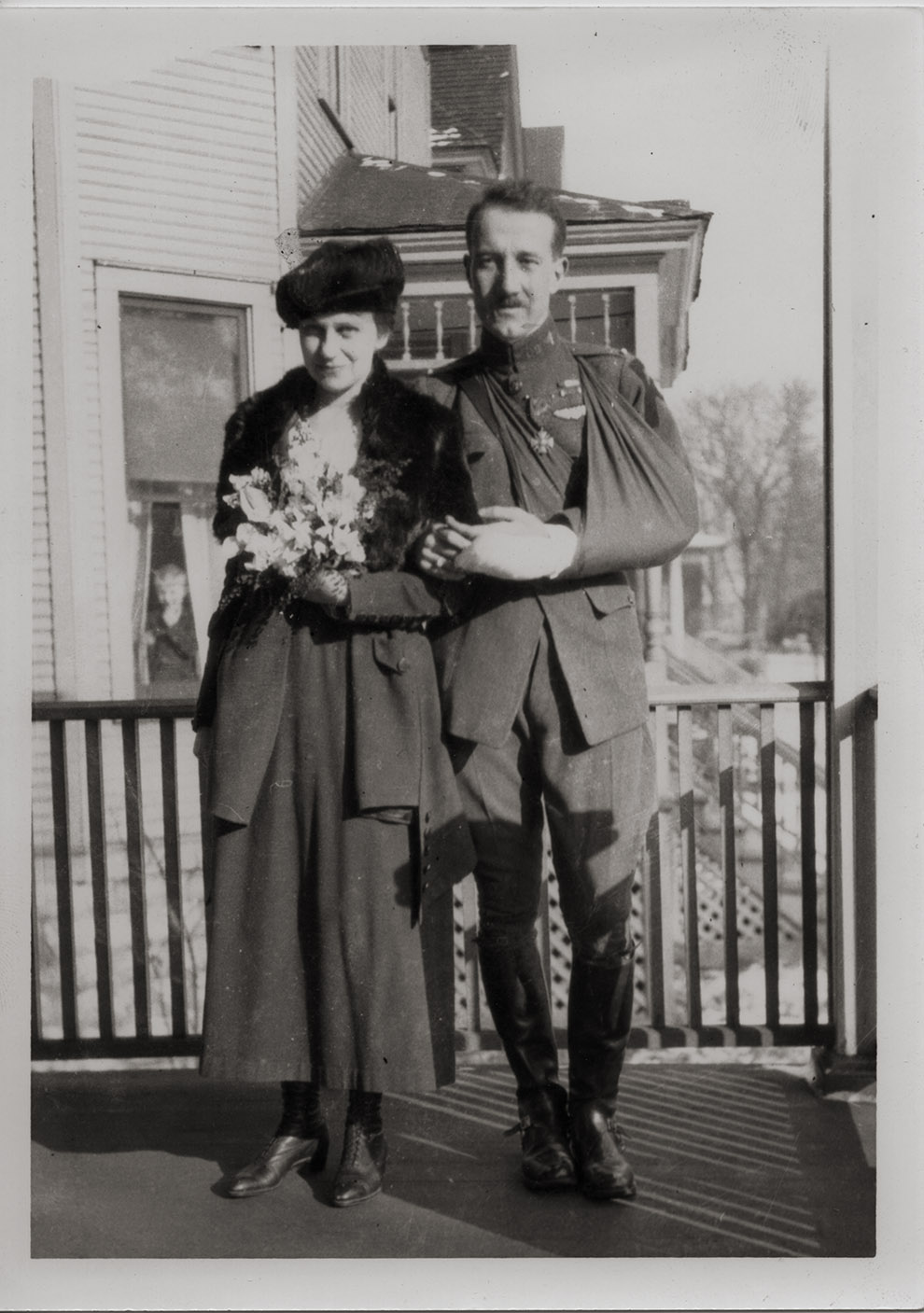
A diplomatic and military historian, Waldo H. Heinrichs was the product of a family with a unique global perspective. A descendant of missionaries to Hawaii and South India and son of a man who led the YMCA mission in Palestine, Heinrichs grew up traveling internationally. After military service during the Second World War, he received both a bachelor’s degree (1949) and doctorate (1960) in history from Harvard, sandwiching in post-baccalaureate study at Brasenose College, Oxford, and stint in the foreign service and advertising. A long-time member of the faculty at Temple University, he has written extensively on U.S. foreign relations in the twentieth century. His first book, Joseph Grew, American Ambassador (1966), was awarded the Allan Nevins Prize and in later works he explored both the diplomatic and military history of the Pacific.
A tireless researcher, Heinrichs left a rich record of correspondence, writing, and notes relating to his work as an historian, and especially to his work on the diplomatic and military background of the Pacific during the Second World War. His collection, however, is still broader, including content relating to his own military service during and after the war and fascinating materials relating to his family. Of particular note are records of his father, Waldo Huntley Heinrichs, including copies of a diary kept as a fighter pilot in the 95th Aero Squadron during the First World War and a memoir of his experiences being shot down and taken as a prisoner of war, along with later materials documenting his YMCA service, and his on faculty at Middlebury College and as an intelligence officer with the 8th Fighter Command during the Second World War.


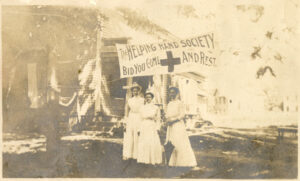
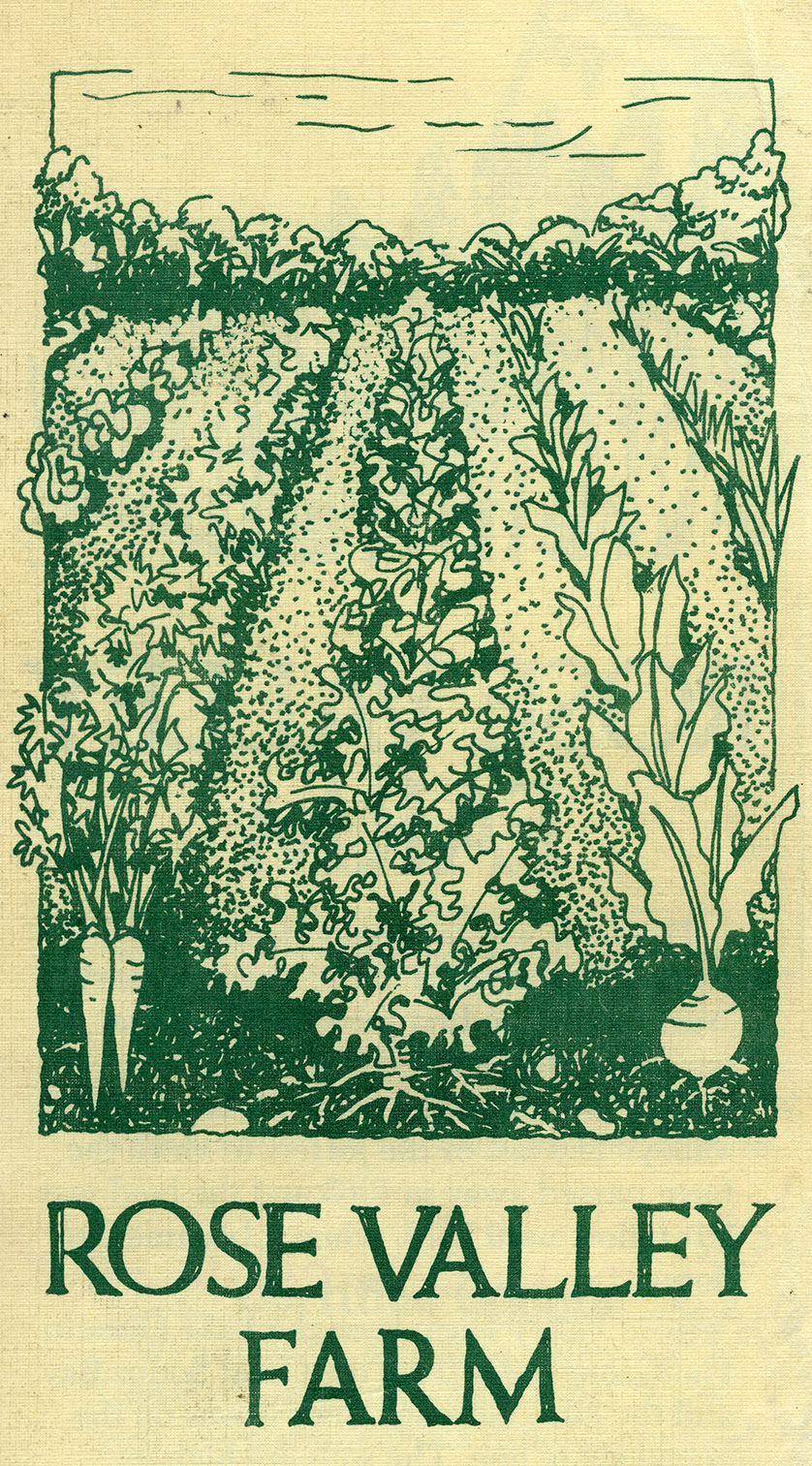
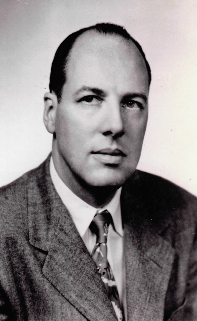
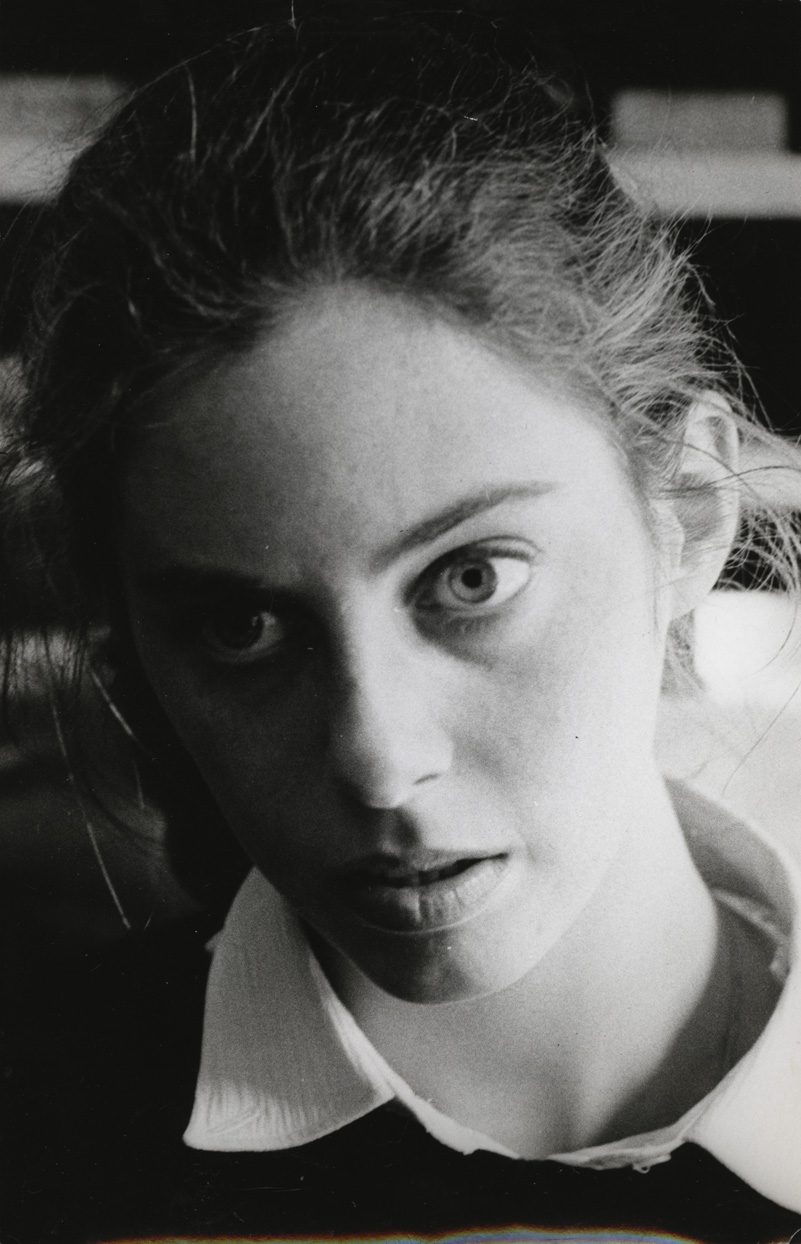
 See the exhibit
See the exhibit 